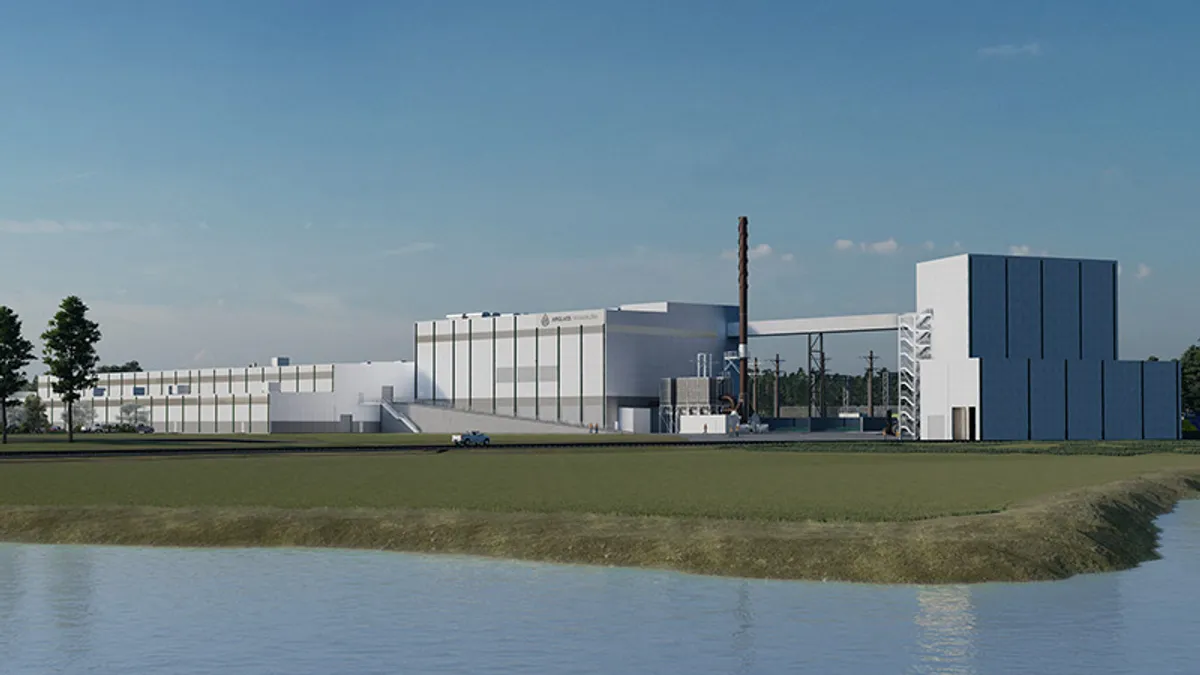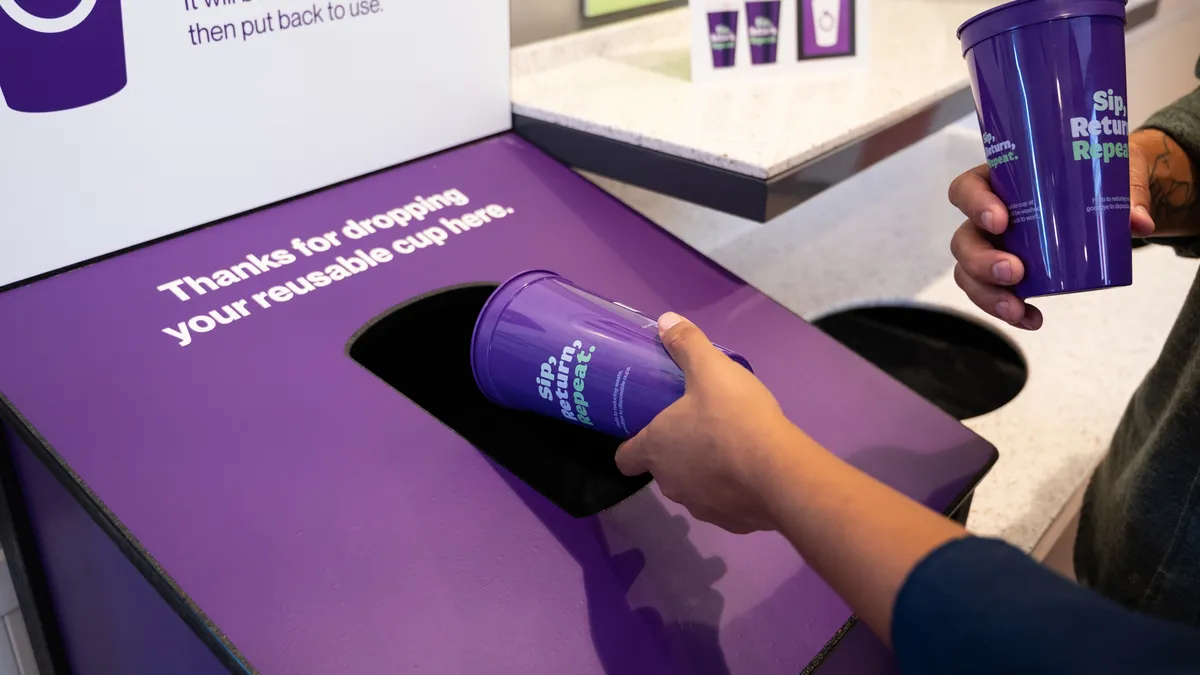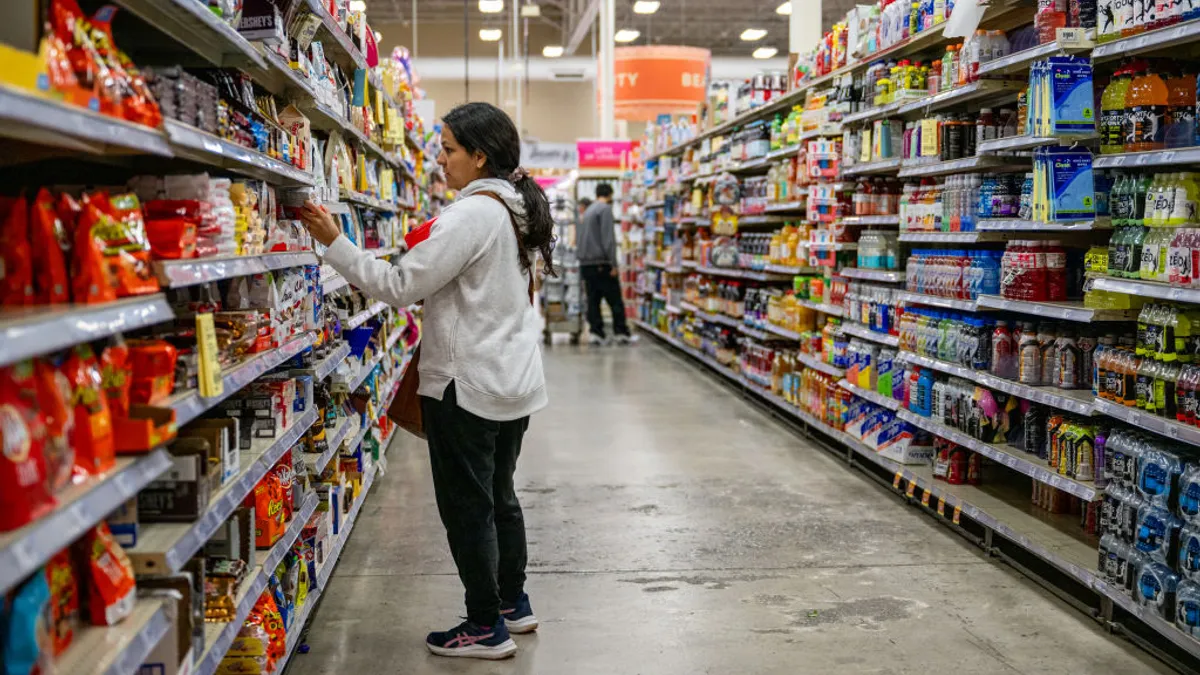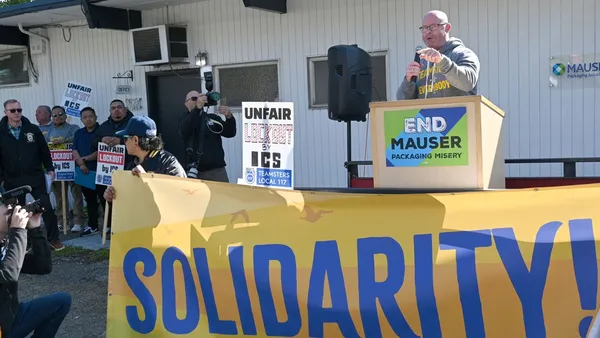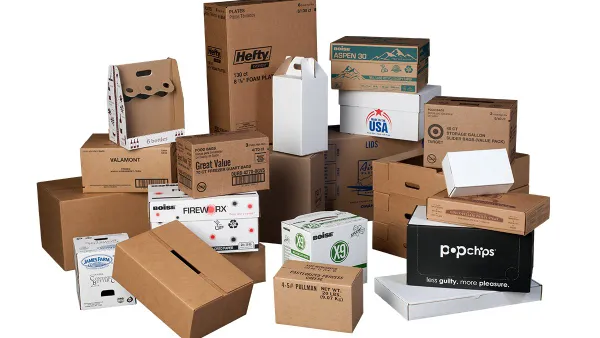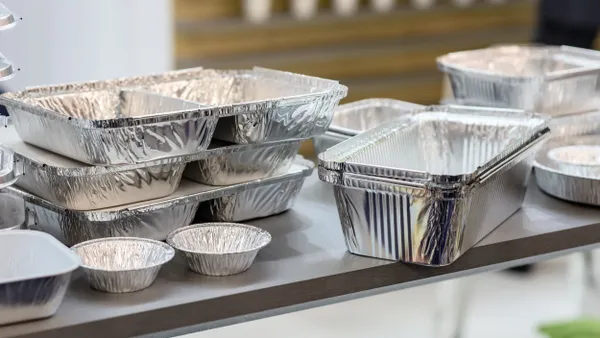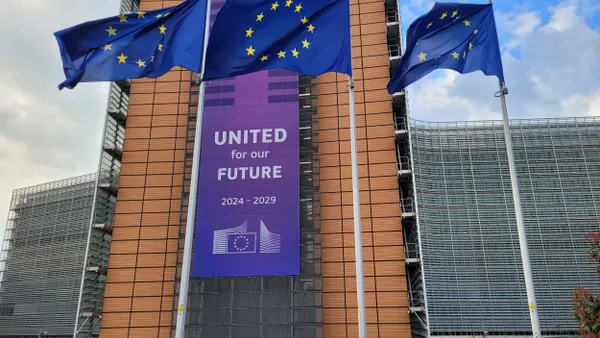Dive Brief:
- Georgia-based manufacturer Arglass is partnering with The Upcycling Co. to collect glass containers from communities in southern Georgia and northern Florida for recycling and processing into new glass containers.
- Prior to forging this agreement, Arglass struggled to secure a large enough supply of “clean glass,” which hasn’t gone through a MRF, to meet its specifications, said Chris Maddox, Arglass head of supply chain.
- They expect to follow The Upcycling Company’s typical collection model of initially establishing community drop-off points for glass, then expanding to include pick-ups from commercial businesses, according to President and CEO Derrick Standley. The companies anticipate this partnership will divert 210 million glass bottles from disposal annually in addition to a 40,000-metric-ton decrease of raw material consumption and 3 million fewer kilowatt hours of energy consumption.
Dive Insight:
Arglass is an American company that is a joint venture between U.S. investment company Cambium and Japanese glass container manufacturer Nihon Yamamura Glass. It began operating its first U.S. glass container manufacturing facility in 2020 in Valdosta, Georgia.
Glass recyclers have faced challenges over the past decade, including communities across the country cutting the material from their recycling programs. But the sector has experienced a revival during the last few years, partly due to greater adoption of specialty drop-off and collection programs. Such programs keep glass segregated from other materials in single-stream recycling programs to boost recyclability and value.
Glass quality “makes a huge difference in our processing,” Maddox explained, and MRF glass collected via curbside programs isn’t pure enough to be used for food-grade containers. Plus, the glass itself can potentially act as a contaminant for other materials in curbside programs, Standley said, such as when broken bits stick to paper.
Initially, the partners are targeting residential and commercial customers in a 100-mile radius from the Valdosta plant, but that will change over time as the market adapts and more customers are added. The Upcycling Co. charges commercial customers a processing fee, as opposed to a standard disposal fee, and “typically we can lower their overall waste bill by a little bit, Standley said. The model is like a typical recycling hub-and-spoke system, but in this case the hub is a glass processing facility, he added.
In conjunction with launching the collection and processing partnership, the businesses are initiating an educational campaign to inform communities how the new program works. The educational campaign is intended to “clear up some of the misconceptions” about recycling, said Megan Huth, chief marketing officer at The Upcycling Co., because “right now, a lot of U.S. residents don't have a lot of trust in the recycling system that when they put material in the bin it will actually be recycled into new materials ... We’re really trying to build back that trust.”
A longer-term goal is to expand the partnership to other parts of the country, Maddox said, while the overarching goal is to build an efficient supply chain for clean glass.
“We’ve got a significant amount of momentum,” he said. “We’ve got the desire to recycle [in these communities], and we’ve got a demand for [glass]. What this partnership is going to do is connect the supply chain dots.”



